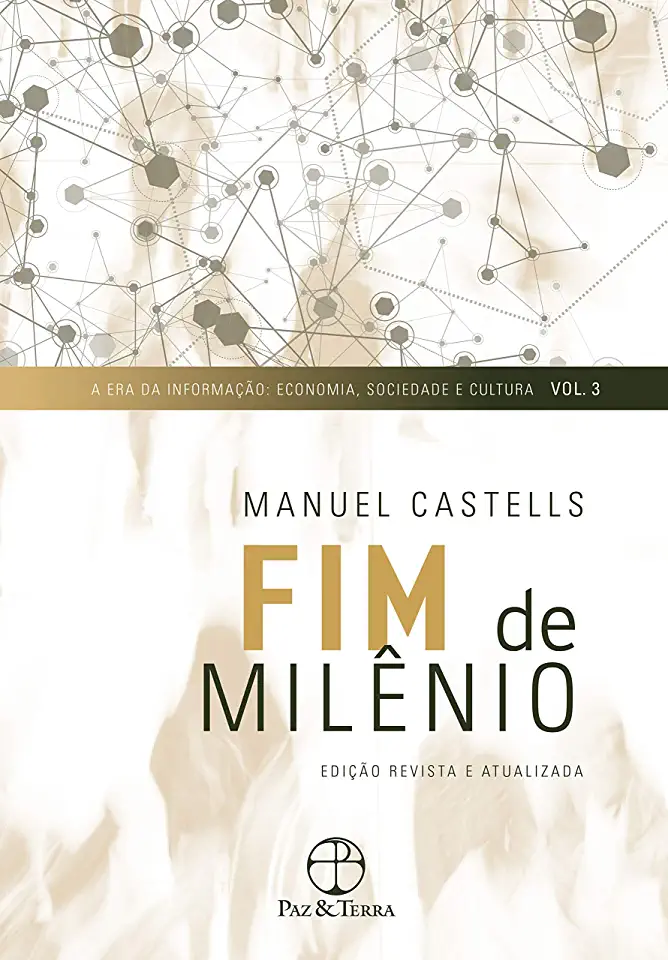
Beyond the Information Age - Manuel Castells
Beyond the Information Age: A Persuasive Summary
In his groundbreaking book, "Beyond the Information Age: Economy, Society, and Culture," Manuel Castells takes readers on an intellectual journey through the transformative power of information and communication technologies (ICTs) in shaping our world. Castells argues that we are not simply entering a new era of information, but rather a new historical epoch characterized by the rise of the network society.
The Network Society: A New Paradigm
Castells introduces the concept of the network society as a fundamental shift in the way we organize our societies, economies, and cultures. He argues that the network form of organization has become the dominant mode of social interaction, replacing the hierarchical structures of the industrial age. This transformation has far-reaching implications for every aspect of our lives, from the way we work and communicate to the way we experience culture and politics.
The Information Age and the Global Economy
Castells explores the role of ICTs in driving the global economy and transforming the nature of work. He argues that the information age has led to a new division of labor, with a growing divide between those who have access to and can use ICTs effectively and those who do not. This digital divide has profound implications for social inequality and economic development.
The Rise of the Network Enterprise
Castells examines the emergence of the network enterprise as a new form of economic organization. He argues that network enterprises are more flexible, innovative, and adaptable than traditional hierarchical organizations. They are also better suited to the demands of the global economy, which requires rapid response times and the ability to operate across borders.
The Network Society and Culture
Castells explores the impact of ICTs on culture and society. He argues that the network society has led to a new form of cultural expression, characterized by greater diversity, interactivity, and participation. He also examines the role of ICTs in social movements and political activism, arguing that they have empowered citizens and given rise to new forms of collective action.
Challenges and Opportunities
Castells concludes by discussing the challenges and opportunities presented by the network society. He argues that we need to address the digital divide, promote sustainable development, and ensure that the benefits of the information age are shared equitably. He also emphasizes the need for critical thinking and ethical considerations in the use of ICTs.
Why You Should Read "Beyond the Information Age"
"Beyond the Information Age" is a must-read for anyone interested in understanding the profound impact of ICTs on our world. Castells provides a comprehensive and insightful analysis of the network society, offering a new perspective on the challenges and opportunities of the 21st century. This book is essential reading for scholars, policymakers, business leaders, and anyone else who wants to stay ahead of the curve in the rapidly changing world of the information age.
Conclusion
"Beyond the Information Age" is a thought-provoking and influential book that has shaped our understanding of the network society. Castells' work is a testament to the power of ICTs to transform our world, and it serves as a call to action to address the challenges and opportunities of the information age.